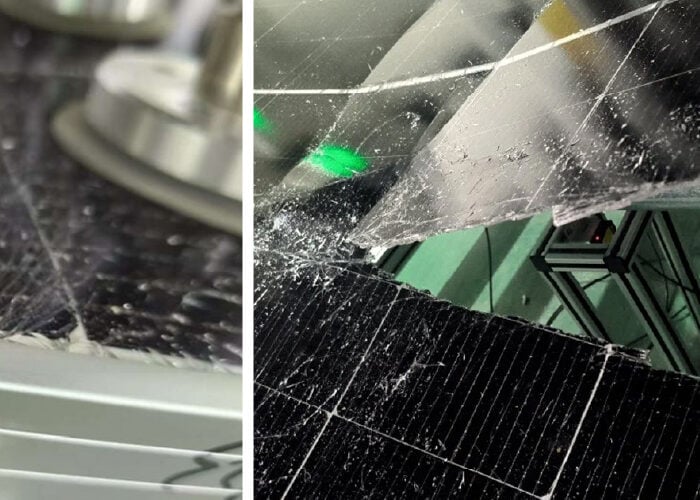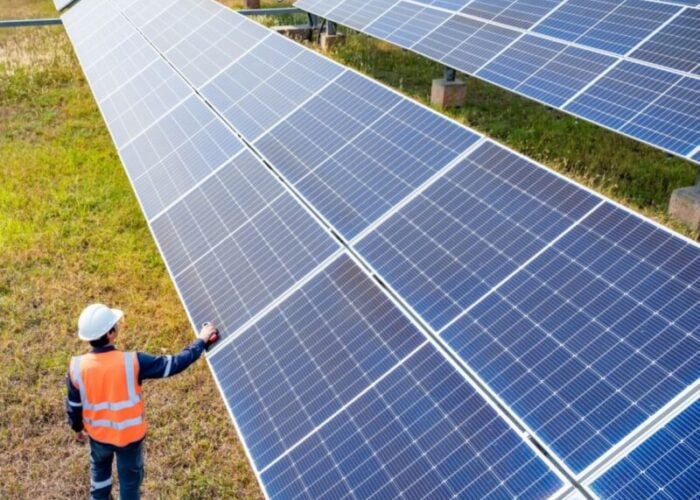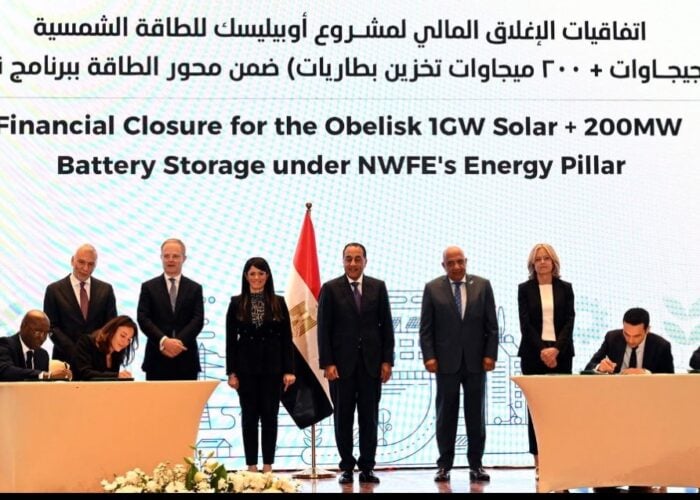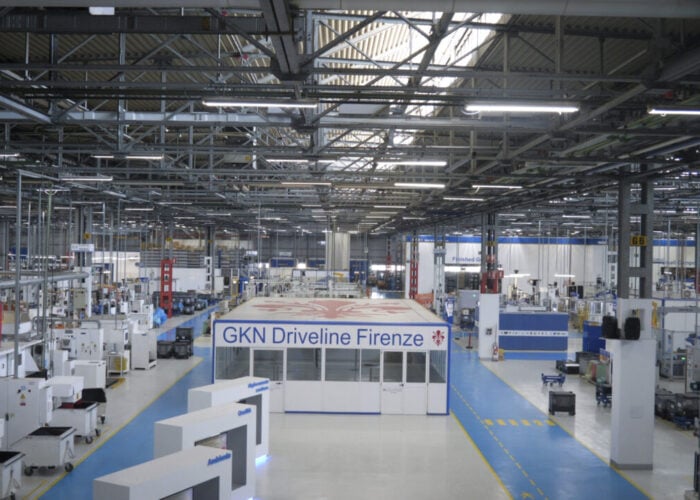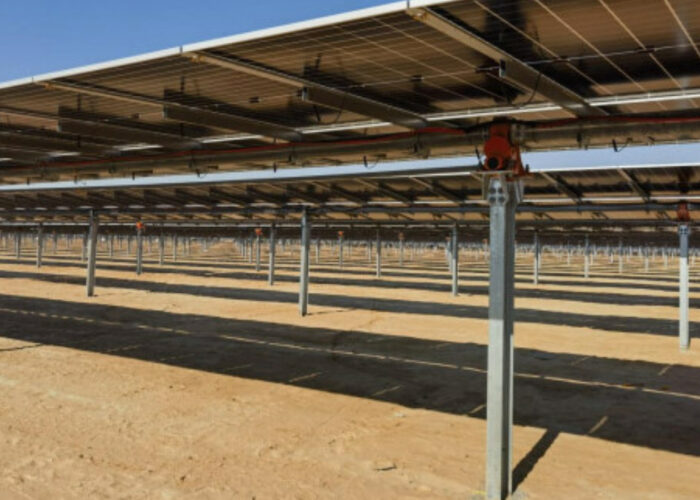The 2015 Solar Power International expo got underway in Anaheim, California on Monday evening, with a stark warning of the existential threat posed to US solar by the pending drop in the federal investment tax credit (ITC).
Welcoming attendees, Rhone Resch, chief executive of the Solar Energy Industries Association (SEIA), highlighted the rapid growth in US solar in recent years and its importance as an employer, with over 150,000 people now working in the sector.
Unlock unlimited access for 12 whole months of distinctive global analysis
Photovoltaics International is now included.
- Regular insight and analysis of the industry’s biggest developments
- In-depth interviews with the industry’s leading figures
- Unlimited digital access to the PV Tech Power journal catalogue
- Unlimited digital access to the Photovoltaics International journal catalogue
- Access to more than 1,000 technical papers
- Discounts on Solar Media’s portfolio of events, in-person and virtual
Or continue reading this article for free
But Resch said that success story now faced a real challenge from the expected step-down in the ITC, which is due to fall from 30% to 10% for commercial solar and to zero for residential. A joint report with GTM Research last week predicted that after a boom between now and the end of 2016, installations in 2017 were likely to fall by around 50% as a result of the cut.
On Tuesday Resch said the SEIA would be publishing another study undertaken by Bloomberg New Energy Finance scoping out the likely impact of the expected ITC drop-off on jobs in the US solar industry.
“It shows that 80,000 jobs will be lost for the industry if we do not extend the ITC. There are big companies that are going to be able to survive, sure. But we’re not going to be able to thrive,” Resch said of the BNEF report.
“I think people don’t understand the importance of the ITC. What the BNEF says is that the person sitting to your left or right, one of those two people is not going to be working in solar in 2017 or 18 if the ITC expires. So this is a big deal, and there’s a lot we can be doing as an industry to make sure we extend it.”
SEIA chairman Nat Kreamer underlined these figures with a warning that with the ITC reduced or eliminated altogether, “soft costs”, namely jobs, would become targets for solar companies as they struggle to remain viable.
“The ITC, depending on what portion of the value chain you work in, might represent anywhere from 30-80 cents per watt. So if you look at the price of modules and inverters, there’s not a lot of room to take 30-80c per watt out. But one thing that comes out are soft costs, and that’s people, those are jobs. We’re in some state of denial as an industry and we don’t understand the variable cost nature of soft costs” Kreamer said.
Resch drew parallels with the US wind industry, which was hit hard by the withdrawal of the production tax credit in 2013.
“You have to just look at the wind industry to understand the impact that a radical shift in policy can have,” he said. “And for those of you who worked in the industry you know when the PTC expired how dramatic an impact that had on employment, where they saw a 70% loss in jobs in that industry.”
Resch said the industry’s greatest hope was for an extension to the ITC to be included in an “omnibus spending bill” that he said he hoped would come together in late November or early December.
Later this week, US vice president Joe Biden will address the SPI audience, underlining the support solar has at the highest levels of the current administration. However, with the 2016 presidential election campaign now gathering pace, that support should not be taken for granted, a point acknowledged by Resch.
“I think we have a very good chance, but if and only if we as an industry make sure our voice is heard,” he said.

